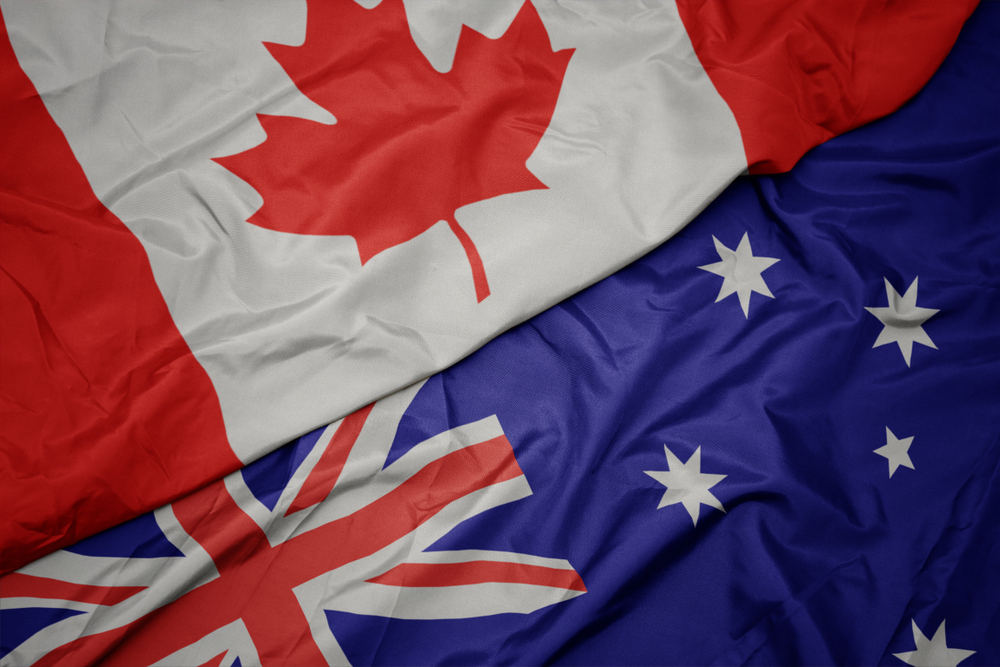USPTO unveils Artificial Intelligence Strategy amid AI innovation surge

The United States Patent and Trademark Office (USPTO) has this week unveiled a comprehensive Artificial Intelligence (AI) Strategy that provides guidance on AI policy and usage, both within USPTO operations and across the broader innovation ecosystem.
The release of the strategy comes amidst a boom in AI-related patent filings, with applications in the US increasing by 33% since 2018. According to the USPTO, AI technologies now feature in 60% of all technology subclasses used by the agency.
Developed to align with the Biden-Harris Administration’s Executive Order 14100 which prioritises “responsible innovation, competition, and collaboration” to advance American leadership in AI, the strategy prioritises five key focus areas:
- Promoting the development of IP policies that advance inclusive AI innovation and creativity
Building best-in-class AI capabilities by investing in computational infrastructure, data resources, and business-driven product development - Promoting the responsible use of AI within the USPTO and across the broader innovation ecosystem
- Developing AI expertise within the USPTO’s workforce, and
- Collaborating with other U.S. government agencies, international partners, and the public on shared AI priorities.
Derrick Brent, Under Secretary of Commerce for Intellectual Property and Acting Director of the USPTO, emphasised the essential need for a robust AI framework while also acknowledging the strategy only forms an “initial baseline” for the agency’s efforts.
“The USPTO recognizes that there is a global competitive race to capture the benefits of AI. This is occurring not just among those building core AI technologies such as training algorithms in model architectures, but widely across industry sectors.
“The AI Strategy is our first major effort at describing the challenges and goals we navigate as we work toward using the full potential of AI, within our own agency operations and by encouraging its adoption throughout society.”
The strategy arrives at a transformative moment in the US with the impending inauguration of President Trump for his second term in office. It is anticipated that the incoming Trump Administration will make AI investment and regulation a key area of focus—which may include revoking Executive Order 14100 and replacing with a more ambitious mandate.

“The USPTO recognizes that there is a global competitive race to capture the benefits of AI. This is occurring not just among those building core AI technologies such as training algorithms in model architectures, but widely across industry sectors.
Derrick Brent | Under Secretary of Commerce, Under Secretary of Commerce for Intellectual Property and Acting Director, USPTO
Global trend in developing AI frameworks
The USPTO’s strategy is part of a broader global trend of IP offices developing frameworks to address the rise of AI technologies:
European Union: The European Patent Office (EPO) recently updated its guidelines to clarify how AI inventions are examined, providing much-needed consistency for innovators across Europe.
Australia: IP Australia has focused on the implications of generative AI, including its role in copyright and inventorship, as part of its ongoing strategy to modernize the IP system.
Canada: Canadian Intellectual Property Office (CIPO) has aligned with the Pan-Canadian AI Strategy to foster responsible AI innovation nationwide.
Singapore: Singapore’s National AI Strategy, first launched in 2019, emphasises trustworthiness and governance, and complements its ambitions to become a global AI hub while streamlining patent examination processes for AI-related innovations.
These initiatives highlight the shared global recognition of AI’s transformative impact on IP systems, as well the potential need for international collaboration to address its challenges. The USPTO’s strategy acknowledges that consultation with IP offices globally and international organisations will be key to advancement in this space.
“…IP offices around the world are presented with similar opportunities—and shared challenges—to leverage AI in their operations. When IP offices coordinate, they are more likely to reach consistent outcomes, to the benefit of IP rights holders, businesses, and the public worldwide.”
Access the full USPTO AI Strategy or read the USPTO announcement.






